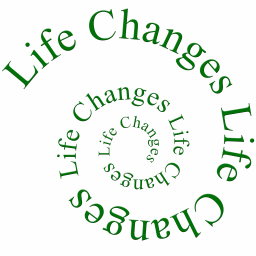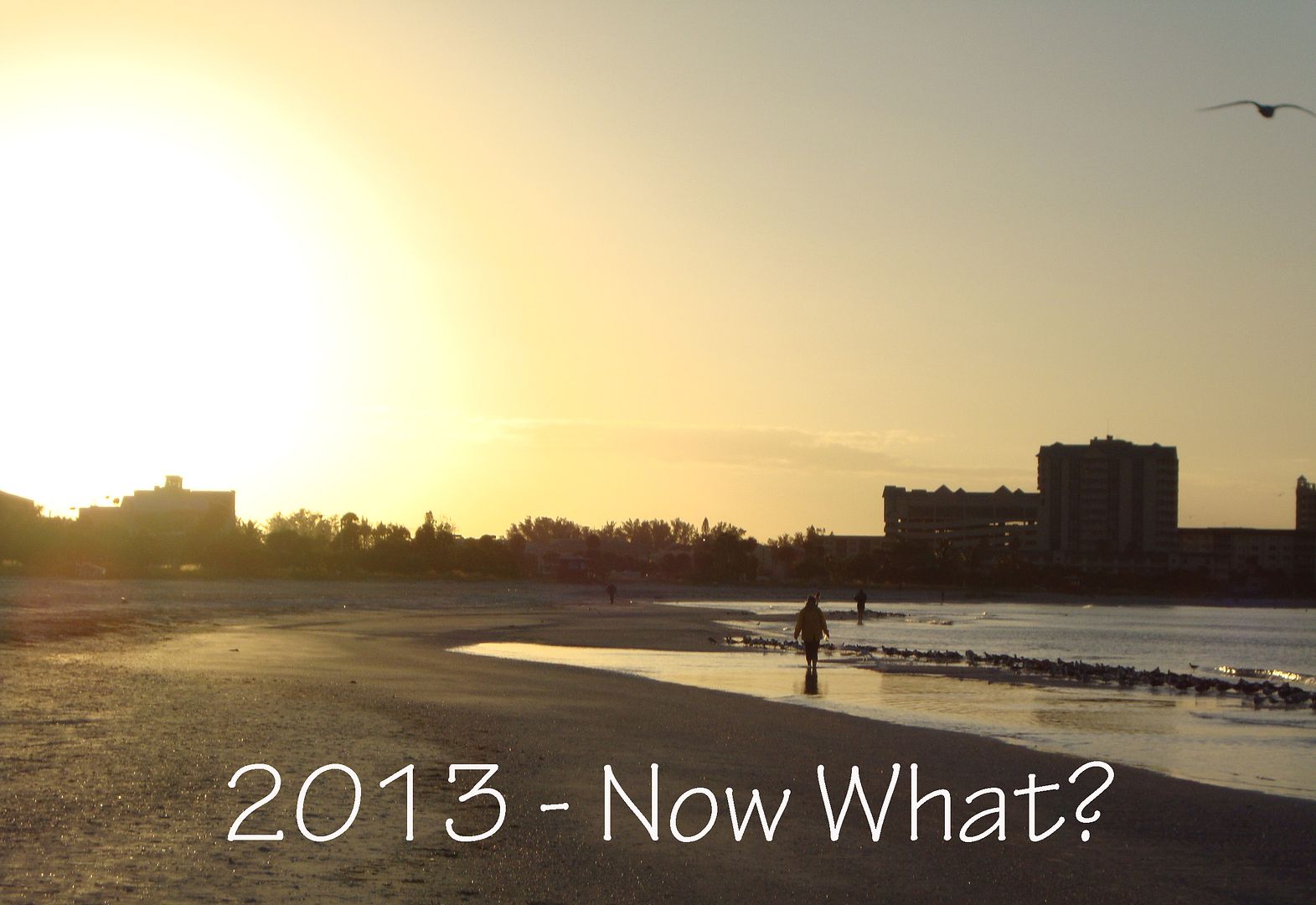It's 2018 - a New Year. Like every new year we embark on the same personal rituals which
usually distill down to the same thing. Transform or change something about ourselves and surely it will be a better year! Are tomorrows better than yesterdays? That answer depends on the individual's situation. But if we widen the focus on the lens the answer is clearer and probably yes. The future does look brighter though it will certainly not be familiar.
Current thinking says life unfolds in present moments. We're urged to follow "the six steps" or "ten steps" or "name the steps" that teach us to focus only on the present and the future will take care of itself. Normally, it's sane advice! But behind the curtain of all those present focused moments that consume us, the future is already screaming out about what's coming. Sadly, many who are reading this won't be around to experience it. But if we pull back the curtain on the obvious trends, the future that's ahead for the Millennials of the 21st Century and their children (Generation Z) reveal a look at Their Tomorrows.
Baby Boomers, once described as the largest population group on earth, have just been replaced by Millennials. Gratefully, they have vastly evolved ideas on ecology, technology, religion, race and jobs than their Boomer parents. That's a good thing. At 80 million strong, they're socially and environmentally conscious, better educated, will inherit great wealth from the Boomers, and are 95% electronically connected. Already they've convinced Wall Street to divest its holdings in fossil fuels proving through business models that billions will be lost if they don't. Their Tomorrows say fossil fuels like coal are dying while sustainables like wind and solar will surge in the future.
Europe and Asia are also defining Their Tomorrows by taking leadership roles in transportation, technology and environmental issues. As these young future leaders focus on reducing fossil fuels, the companies they've built are transitioning to self-driving cars while technology companies are planning to leapfrog their efforts. Ahead of that wave, Britain and Finland banned gas and diesel cars starting in 2040. Finland leads Europe in recycling and Germany leads in solar energy.
Right now most countries are focused on immigration and whites only diatribes, but by 2050 no single racial or ethnic majority will be dominant. Perhaps that realization is fueling the anger and hatred as old ways of life wither and die off. In fact, Millennials, will be the largest racially diverse group in history made up mostly of mixed-race Asians and Latinos. A future homogenized view of society will emerge and tolerance for other cultures finally has the chance of becoming the hallmark of Their Tomorrows.
10 Billion people will inhabit the planet by 2050 with Africa the most populous. India is expected to have a population of 1.6 billion people, equal to the US and China combined. But we're all getting old. The global population is aging and graying with Japan, South Korea, and Germany having the oldest citizens and the fewest births. The US will have more people age 65+ than those 15 and under. These global demographics will rip cultures and religions apart
as they struggle to re-invent themselves, and understand and release their old beliefs and out-dated moral structures.
Will this surge of humans cope with the future changes of Their Tomorrows? Probably yes. The same way they did when cars replaced horses; the same way they did when radios and jukeboxes replaced live musicians; and the same way they will now that technology has become an extension of our lives. But what about the psychic changes ahead?
We'll manage those too. For a great spiritual wave of introspection is forming, though for the present it's quite subtle. It asks us to examine our behavior to one another. It forces us to take a stand for the principles we proclaim. It makes us look in the mirror and accept our roles and responsibilities in our future and Their Tomorrows. It demands that all of us leave the world a better place than when we arrived. If we can do that, it's a certain guarantee that all of Their Tomorrows will be better. I only wish we were going to be alive to witness it.
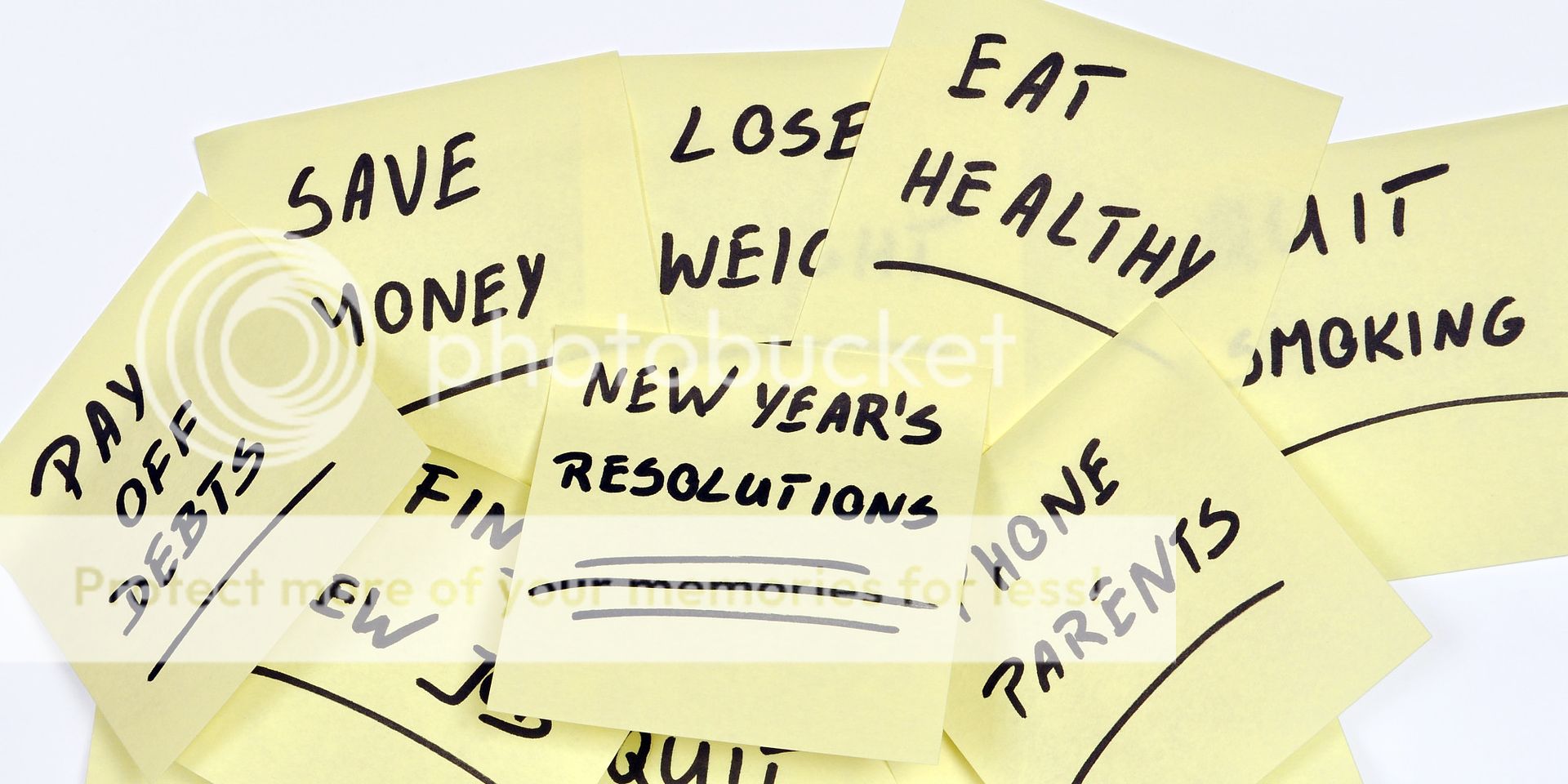 |
Current thinking says life unfolds in present moments. We're urged to follow "the six steps" or "ten steps" or "name the steps" that teach us to focus only on the present and the future will take care of itself. Normally, it's sane advice! But behind the curtain of all those present focused moments that consume us, the future is already screaming out about what's coming. Sadly, many who are reading this won't be around to experience it. But if we pull back the curtain on the obvious trends, the future that's ahead for the Millennials of the 21st Century and their children (Generation Z) reveal a look at Their Tomorrows.
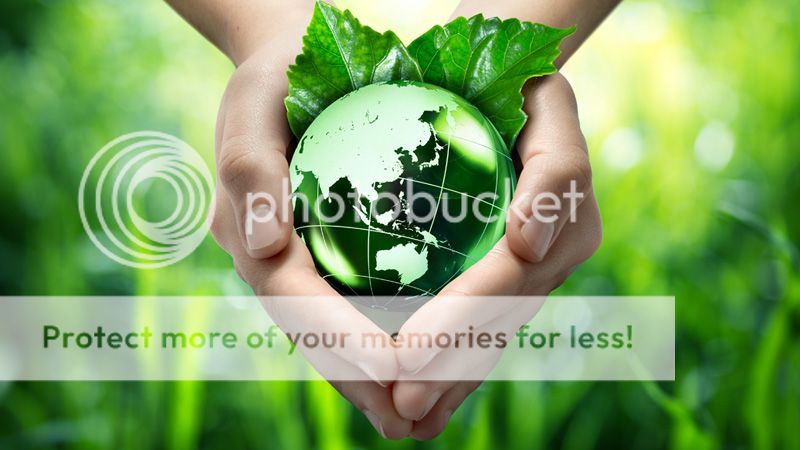 |
Baby Boomers, once described as the largest population group on earth, have just been replaced by Millennials. Gratefully, they have vastly evolved ideas on ecology, technology, religion, race and jobs than their Boomer parents. That's a good thing. At 80 million strong, they're socially and environmentally conscious, better educated, will inherit great wealth from the Boomers, and are 95% electronically connected. Already they've convinced Wall Street to divest its holdings in fossil fuels proving through business models that billions will be lost if they don't. Their Tomorrows say fossil fuels like coal are dying while sustainables like wind and solar will surge in the future.
Europe and Asia are also defining Their Tomorrows by taking leadership roles in transportation, technology and environmental issues. As these young future leaders focus on reducing fossil fuels, the companies they've built are transitioning to self-driving cars while technology companies are planning to leapfrog their efforts. Ahead of that wave, Britain and Finland banned gas and diesel cars starting in 2040. Finland leads Europe in recycling and Germany leads in solar energy.
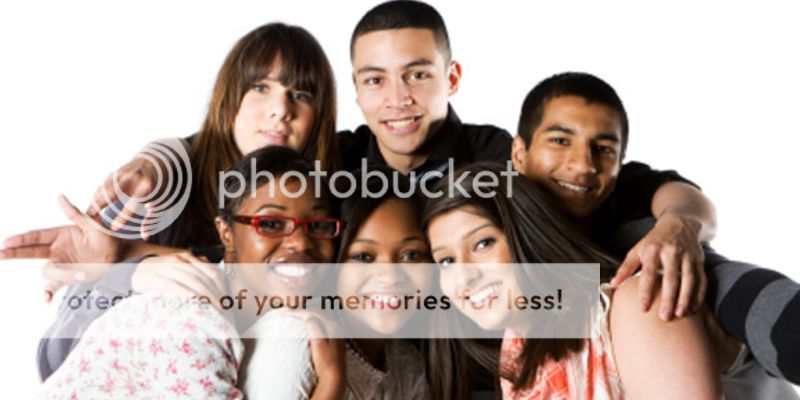 |
Right now most countries are focused on immigration and whites only diatribes, but by 2050 no single racial or ethnic majority will be dominant. Perhaps that realization is fueling the anger and hatred as old ways of life wither and die off. In fact, Millennials, will be the largest racially diverse group in history made up mostly of mixed-race Asians and Latinos. A future homogenized view of society will emerge and tolerance for other cultures finally has the chance of becoming the hallmark of Their Tomorrows.
10 Billion people will inhabit the planet by 2050 with Africa the most populous. India is expected to have a population of 1.6 billion people, equal to the US and China combined. But we're all getting old. The global population is aging and graying with Japan, South Korea, and Germany having the oldest citizens and the fewest births. The US will have more people age 65+ than those 15 and under. These global demographics will rip cultures and religions apart
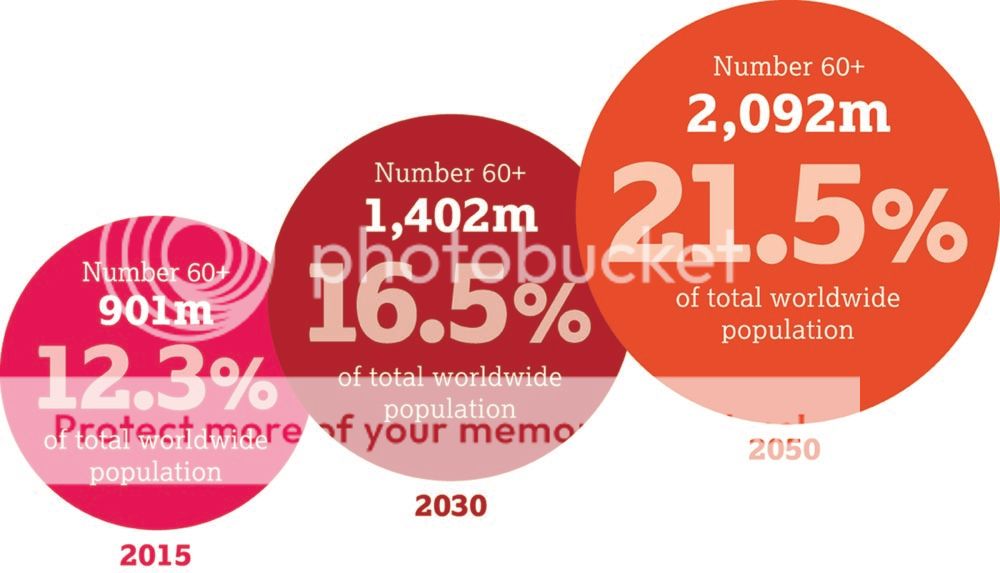 |
Will this surge of humans cope with the future changes of Their Tomorrows? Probably yes. The same way they did when cars replaced horses; the same way they did when radios and jukeboxes replaced live musicians; and the same way they will now that technology has become an extension of our lives. But what about the psychic changes ahead?
We'll manage those too. For a great spiritual wave of introspection is forming, though for the present it's quite subtle. It asks us to examine our behavior to one another. It forces us to take a stand for the principles we proclaim. It makes us look in the mirror and accept our roles and responsibilities in our future and Their Tomorrows. It demands that all of us leave the world a better place than when we arrived. If we can do that, it's a certain guarantee that all of Their Tomorrows will be better. I only wish we were going to be alive to witness it.
Jo Mooy - January 2018


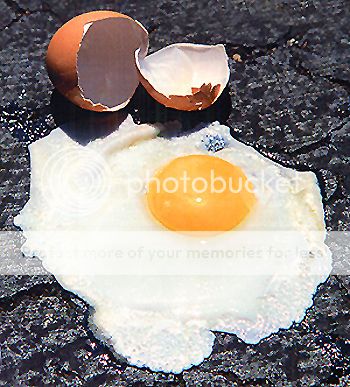

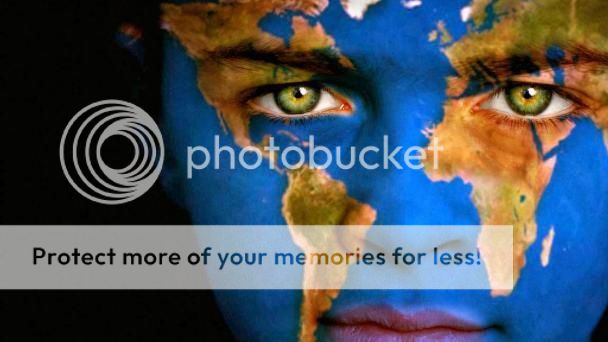
 December of 2012. It didn't happen. I never thought anything
catastrophic would occur. Geological changes move at a glacial pace
and the end of the Mayan calendar wasn't going to alter that fact.
Changes in human consciousness though can come about more frequently.
So hedging my bets, I prepared for whatever was going to happen.
December of 2012. It didn't happen. I never thought anything
catastrophic would occur. Geological changes move at a glacial pace
and the end of the Mayan calendar wasn't going to alter that fact.
Changes in human consciousness though can come about more frequently.
So hedging my bets, I prepared for whatever was going to happen.  depth of this ancient culture. Inbred into the fabric of their daily
lives, it flourished in their beliefs and behavior. Yet, I was stunned
at the country's gross ambivalence towards poverty, clean water, and the
lack of sanitation.
depth of this ancient culture. Inbred into the fabric of their daily
lives, it flourished in their beliefs and behavior. Yet, I was stunned
at the country's gross ambivalence towards poverty, clean water, and the
lack of sanitation. 
